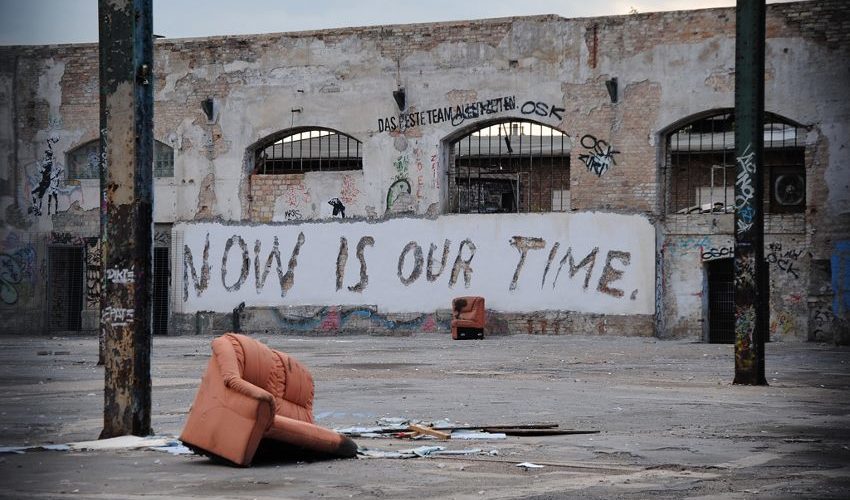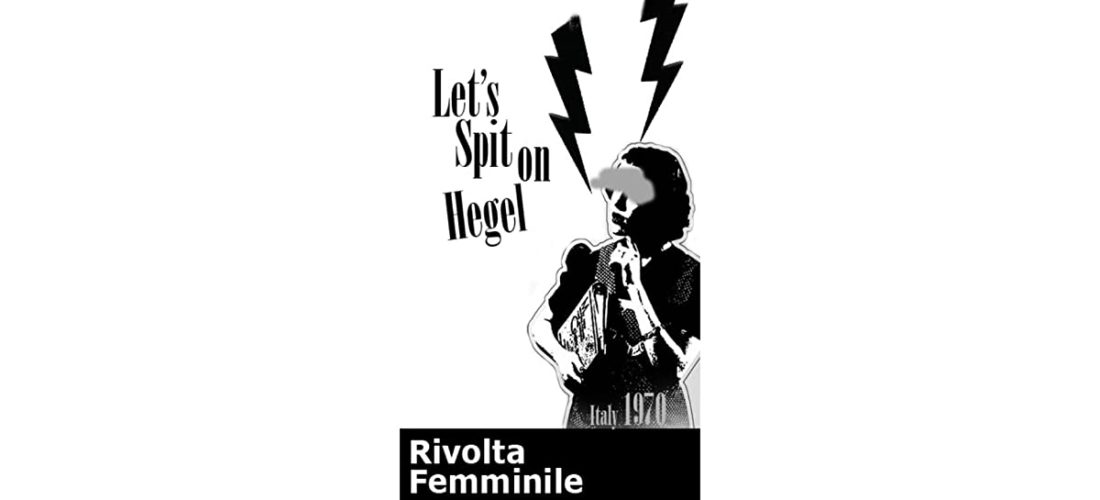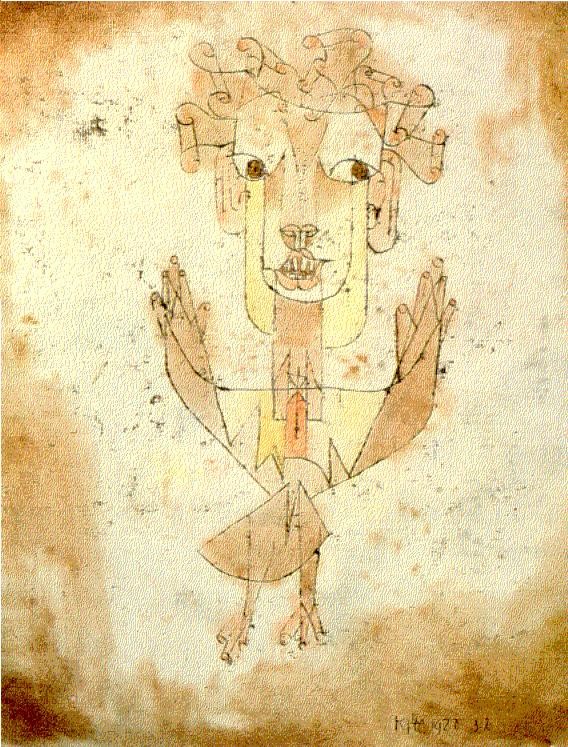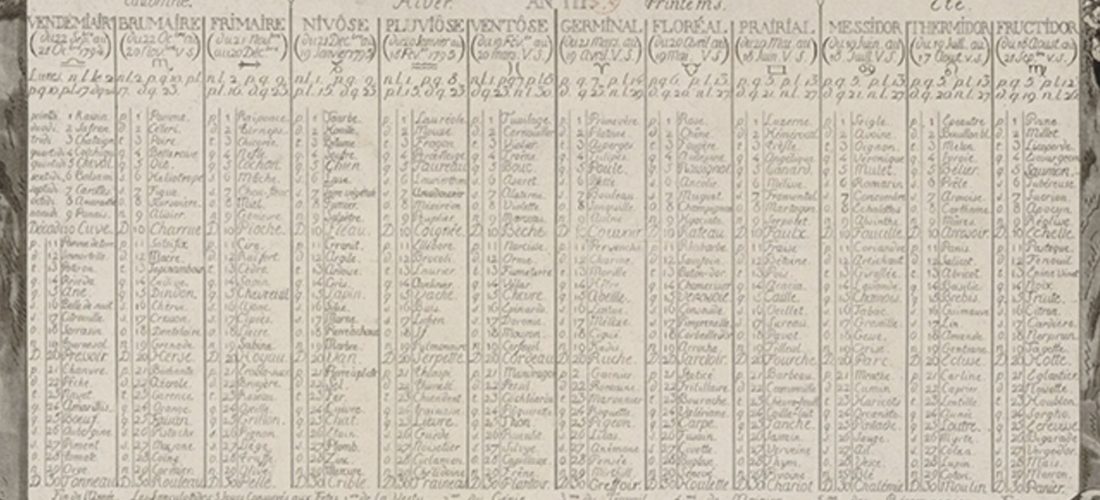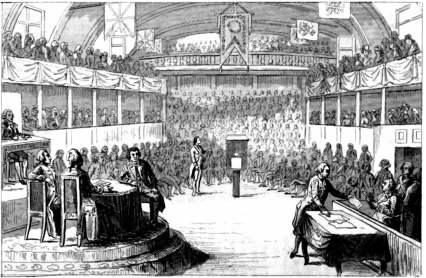The first written essay by Subcomandante Marcos serving as “tour guide” to the state of Chiapas, desecrated by years of extractive neoliberalism. Written a year and a half before the Zapatista uprising, it outlines all the reasons that prompted the revolt.
“Everyone is dreaming in this country. Now it is time to wake up…
The storm is here. From the clash of these two winds the storm will be born, its time has
arrived. Now the wind from above rules, but the wind from below is coming…
The prophecy is here. When the storm calms, when rain and fire again leave the country
in peace, the world will no longer be the world but something better.”
– The Lacandon Jungle, August 1992

